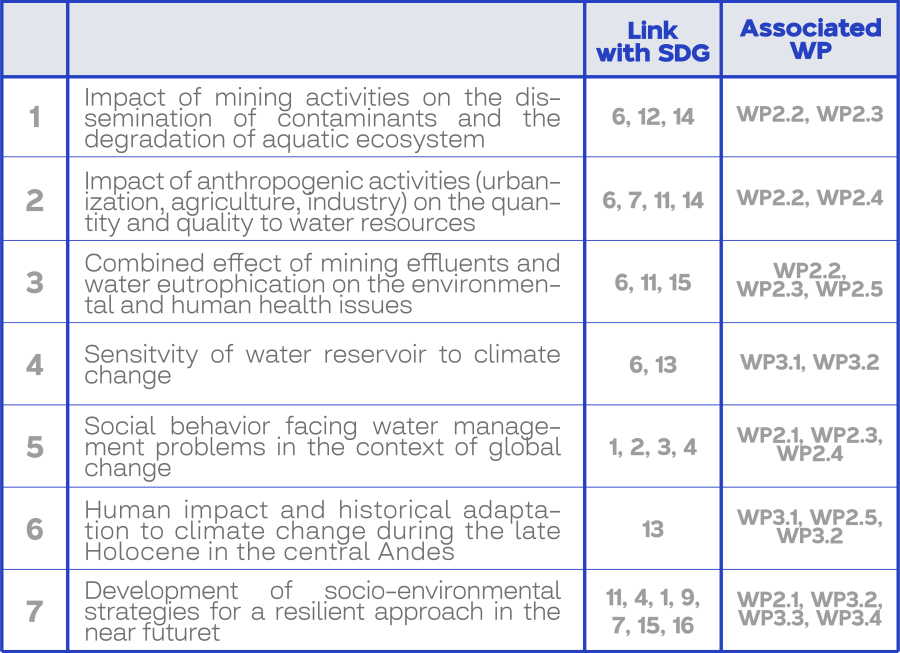
The LMI ALTIPLANO is:
- Research network at the scale of the Altiplano.
- Study the links between environmental and human health, and the use of water resources, in the context of mining, urban pressure and global change.
- To provide adaptation strategies in cooperation with state institutions, NGOs, associations and communities.
- Answer major socio-environmental issues & bring connections with neighboring countries facing the same problems.
- Support capacity building with UMSA (workshops, lectures, field and technical training).
- About us
- International Winter Multidisciplinary School: Katari Basin
- Popularization
- Publication database
- Seminars
- WP 2.1 Social factors responsible for water reservoir degradation
- WP 2.2 Mines and environmental health
- WP 2.3 Synergetic effects
- WP 2.4 Water quality indicators
- WP 2.5 Human exposure
- WP 3.1 Retro-observational status of water availability
- WP 3.2 Hydro-climatic forcing and recharge of water reservoirs
- WP 3.3 Resilience Strategy
- WP 3.4 Alternatives
Scope
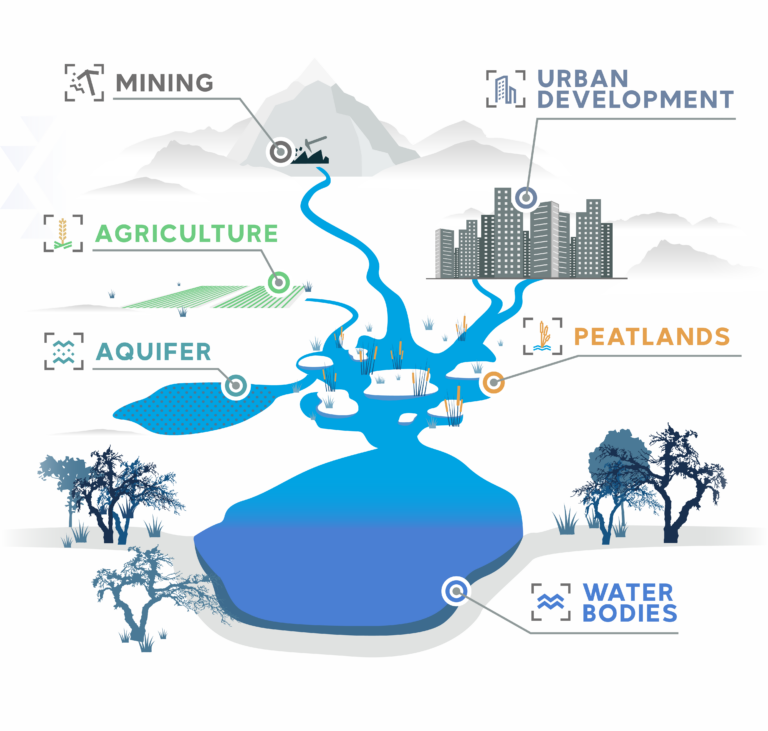
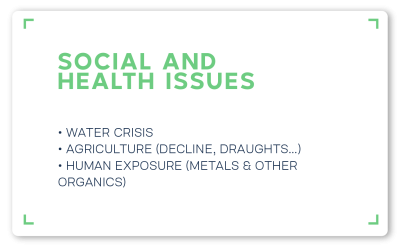
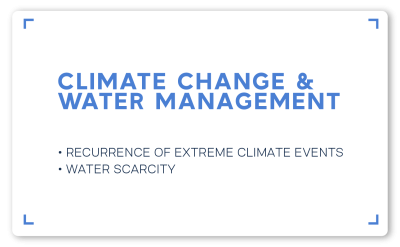
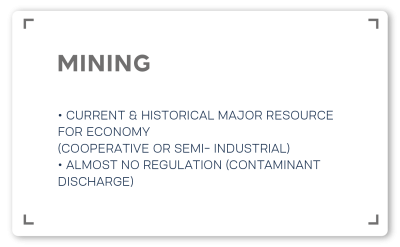
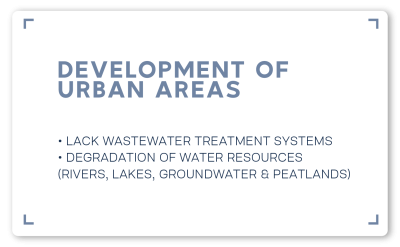
Study the links between environmental and human health, and use of water resources (lakes, peatlands, aquifers), in the context of mining, urban pressure and global change & provide adaptation strategies, throughout 3 workshop zones.
Click on the pins to know each zone:
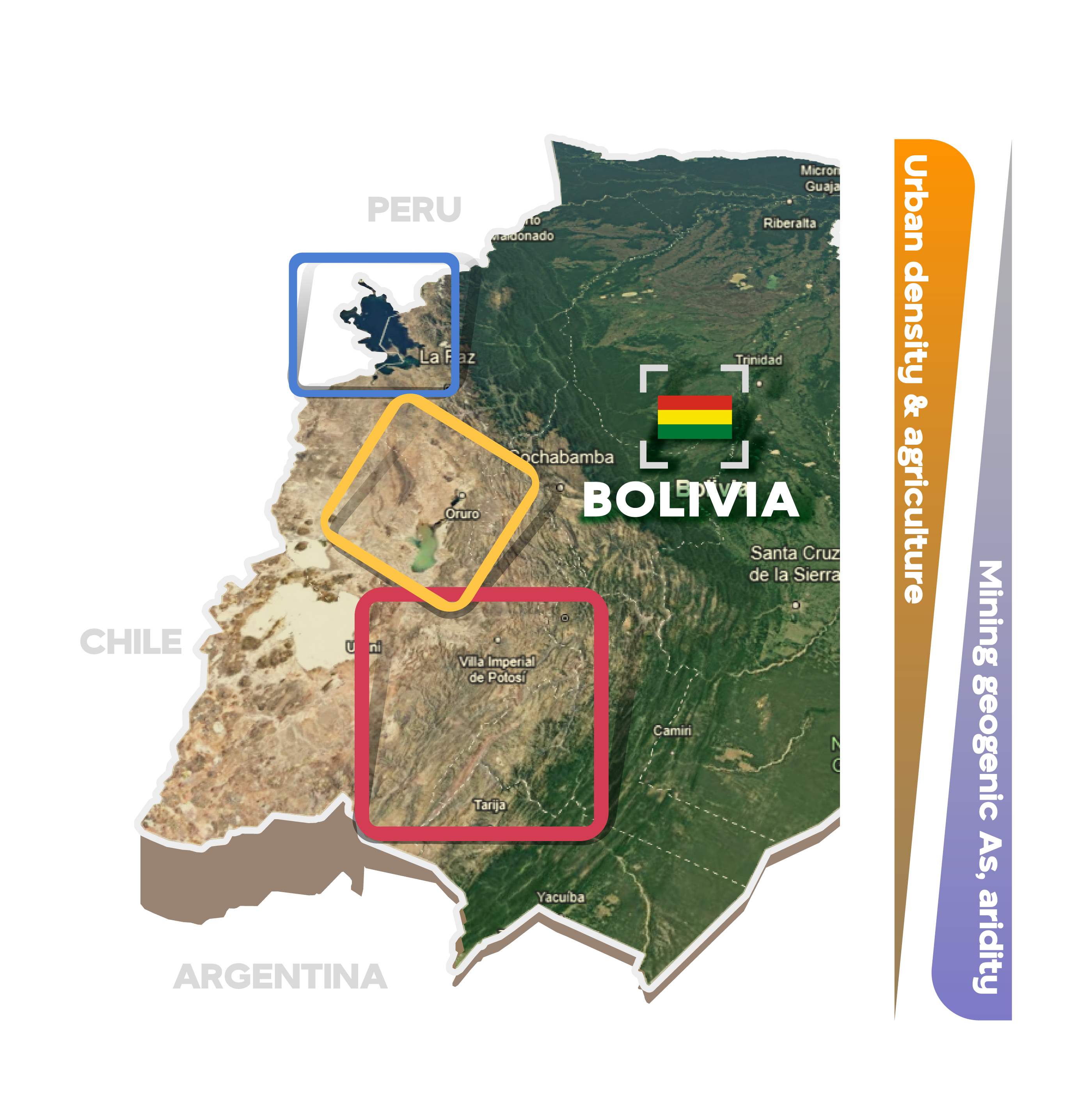
Perspective and ambitions:
- Partnerships (national structures and technical ministries, NGOs, associations & communities).
- Direct interaction and feedback to communities around applications of participatory scientific approaches and technical developments.
- Help in the decision-making (orientation of environmental policies and monitoring strategies).
- Co-construction of adaptation strategies with communities.
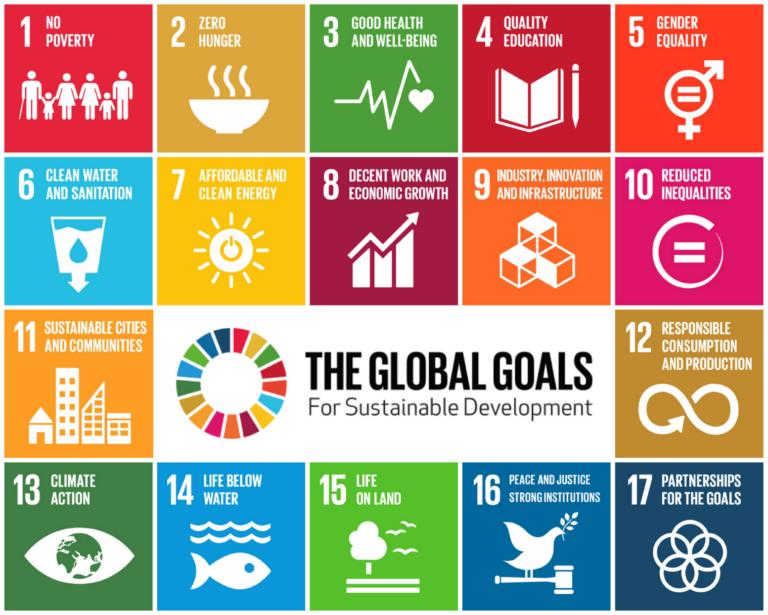
Research Gaps:
